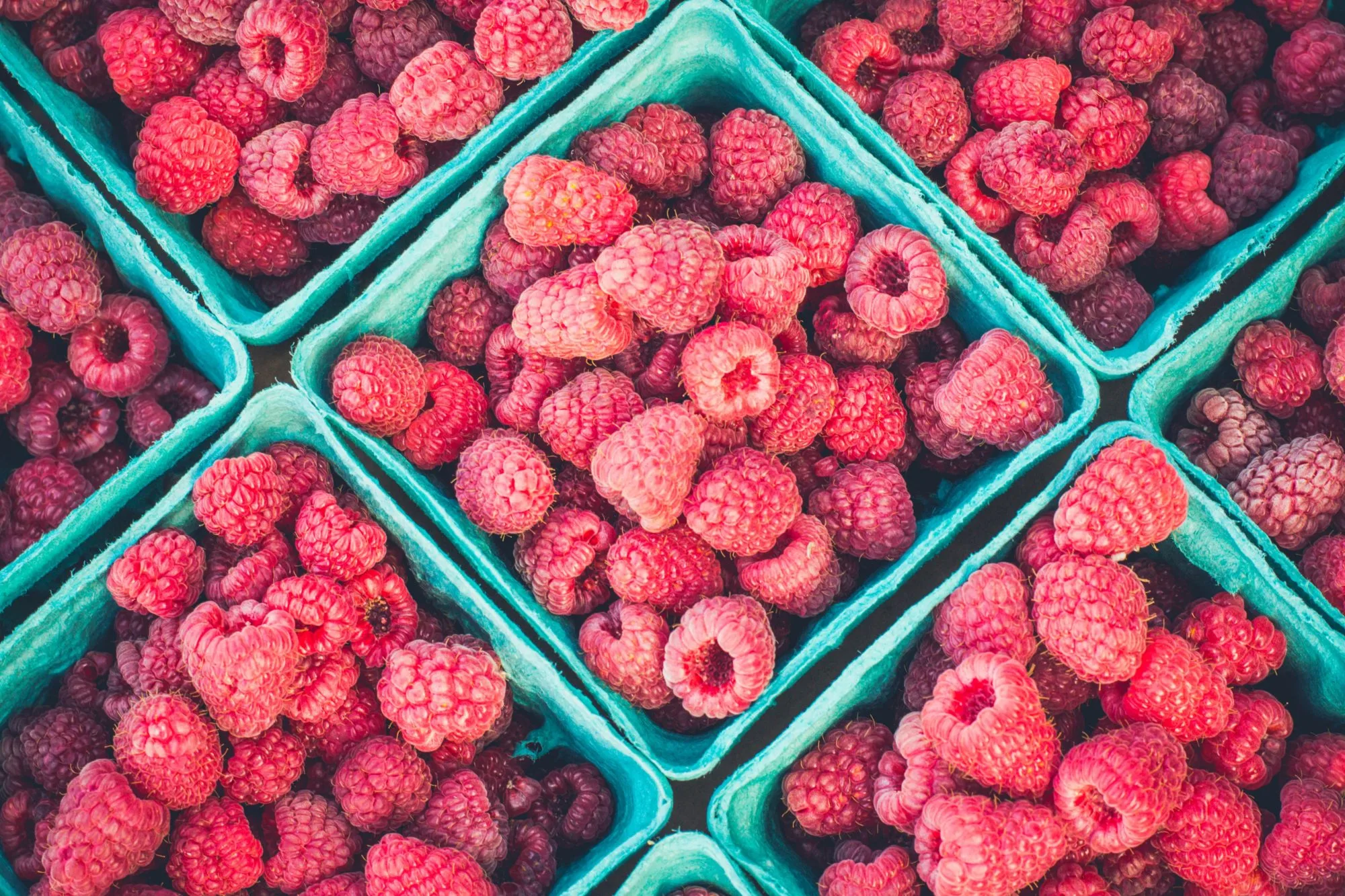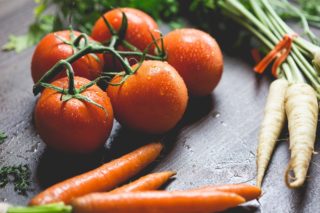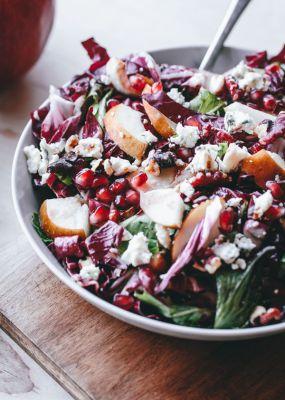One of the biggest longevity tips – supported in study after study – and found in all the famed longevity Blue Zones: eat real, unpackaged, unprocessed food. Basically, if a food has a barcode on it, chances are it’s less good for you than a version that does not. With this in mind, I’ve pretty much cut processed and packaged food out of my diet.
The willpower tool that helps me resist?
I remind myself of the following mantras:
- The longer a food’s shelf life, the shorter my shelf life on this planet!
- Processed food is dead food – and I am what I eat!
- Eating fresh fruits and fresh veggies keeps my body fresher longer!
- If I don’t recognize an ingredient, chances are my body won’t either.
- If I have trouble pronouncing the ingredients with my mouth, then I shouldn’t put it there (unless it’s, say, quinoa or acai!)
- If the food has ingredients I would not stock in my kitchen pantry, then I shouldn’t be eating it.
- Being healthy is not just about counting the calories in my food – it’s also about counting the chemicals in my food.
While today this may seem extreme, less than a century ago this was the norm for most people. And it isn’t as hard as it seems – not if fresh produce is what you really want on your plate. With wellness becoming more and more of a buzzword, and organic or farmer’s markets popping up all over again, you have more options than ever to eat well – as nature intended. By changing your mindset about food and incorporating a few small changes in your lifestyle, you will be well away on your journey to clean eating!
1. Shop more regularly – and as close to the ground as possible
Often we don’t know about places that stock organic, fresh produce simply because we haven’t tried finding out where they are. Farmer’s markets can be found in most cities as well as the countryside, and by buying the most of your groceries over the weekend, you can stock your kitchen with healthy, non-barcoded produce for the better part of the week. Moreover, fresh fruit and veggies also tend to be quite a bit cheaper at these than the ones in the big supermarket you generally frequent.
2. Eat what’s in season
This is one of the best ways to ensure what ends on your plate is actually supposed to be there. Not only do in-season produce taste better than its out-of-season counterpart, but you benefit by getting all the nutrients, because these fruits and veggies are actually picked at the right time, when they are ripe. That means more sun exposure, more antioxidants, and better nutrition overall. Moreover, they will also be much cheaper than produce that has been imported from overseas. Lastly – and this may be a surprise to some – by eating produce during the season it naturally ripens, your body adjusts better to the changing seasons. In winter, for example, most of the fruits naturally available help you to fight flu and colds, while summer fruits like watermelon and berries help us to cool down.
3. Grow your own food where possible
Especially if you’re worried about pesticides, chemicals and preservatives, this could change your life. For those who don’t have access to large amounts of gardening space, don’t despair. Instead, make use of vertical gardens. Once you start, you won’t believe how easy it actually is, or how enjoyable! For compost, keep all your organic waste such as kitchen scraps, egg shells, coffee grounds, tea bags and vegetable peels in an air-tight container (you will be surprised how much you usually throw away) and add it to a compost box, tumbler, or bin you can keep in your backyard. This goes right back to your garden and the cycle continues.
Want to know more?
Click here to find out which 7 superfoods fight inflammation.
About The Author
 We received this excerpt from the new longevity book by Karen Salmansohn, called Life is Long. Karen is a happiness and wellness expert, who is the author of numerous best-selling self-improvement books like Think Happy and How to Be Happy, Dammit, with more than one million copies sold. She has studied to be a yoga and meditation teacher at Ishta Yoga and designed a line of inspirational jewelry showcased on HSN. She is also the founder of 2 popular sites which help people to become their highest potential: NotSalmon.com and MastersInLife.com. Karen’s been featured on various media channels – including CNN and Fox News, served as a columnist for Oprah.com, Huffington Post and others, and been featured in print media from New York Times to ELLE Magazine. She lives in New York, New York.
We received this excerpt from the new longevity book by Karen Salmansohn, called Life is Long. Karen is a happiness and wellness expert, who is the author of numerous best-selling self-improvement books like Think Happy and How to Be Happy, Dammit, with more than one million copies sold. She has studied to be a yoga and meditation teacher at Ishta Yoga and designed a line of inspirational jewelry showcased on HSN. She is also the founder of 2 popular sites which help people to become their highest potential: NotSalmon.com and MastersInLife.com. Karen’s been featured on various media channels – including CNN and Fox News, served as a columnist for Oprah.com, Huffington Post and others, and been featured in print media from New York Times to ELLE Magazine. She lives in New York, New York.







![women [longevity live]](https://longevitylive.com/wp-content/uploads/2020/01/photo-of-women-walking-down-the-street-1116984-100x100.jpg)









